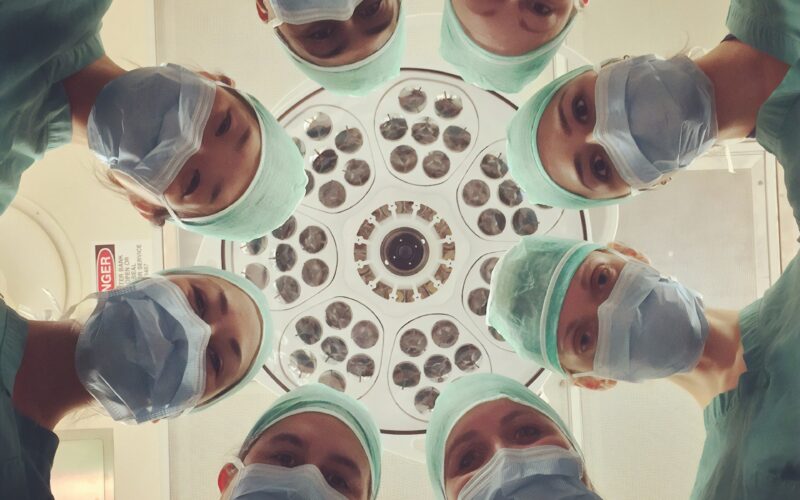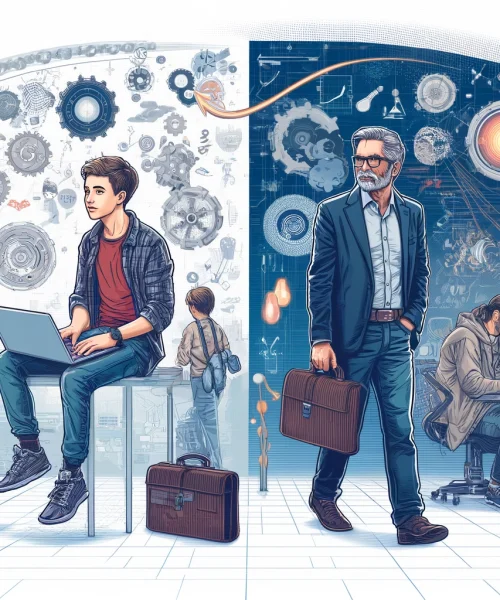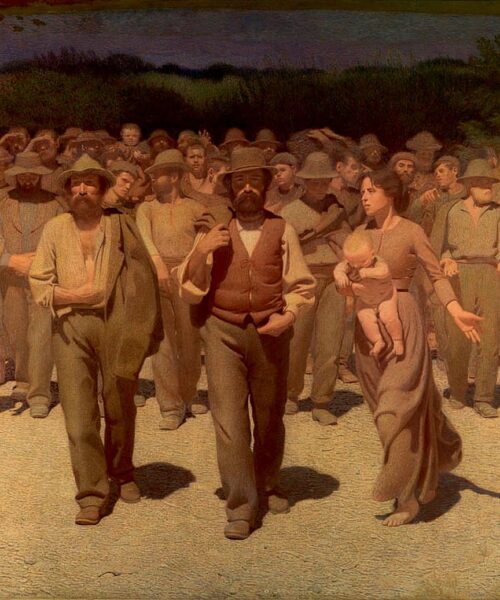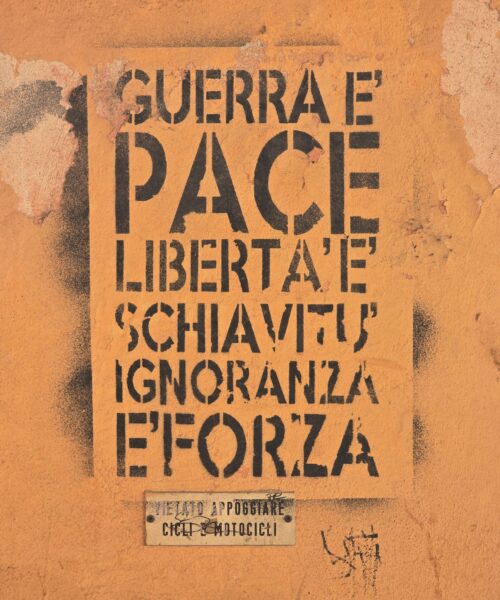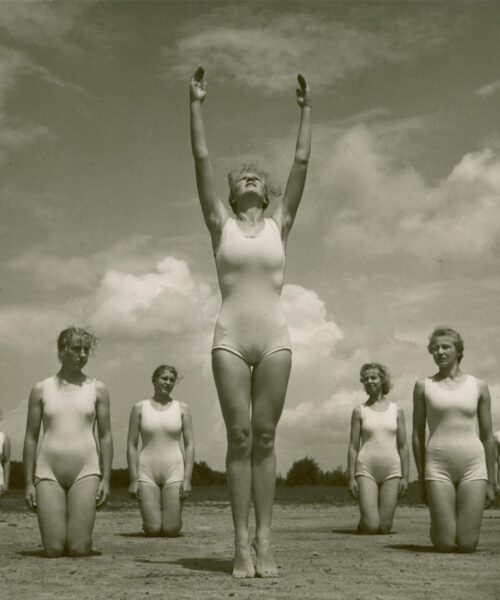Introduction:
In this incisive analysis, the author tackles the delicate subject of healthcare provided to criminals, examining it through two distinct perspectives. On one hand, it is argued that denying medical care could represent a form of inherent justice. On the other, the analysis sheds light on the serious moral and legal implications such a decision would entail. This contribution serves as a catalyst for dialogue and contemplation, underscoring the need to examine both sides of a highly debated issue.
Why Looking at Both Sides of the Coin is Essential:
In an environment of often tense and emotionally charged debates, it’s easy to fall into the trap of instinctual reaction, neglecting the complexity that permeates most moral issues. A multi-angled view not only broadens our understanding of the subject but also contributes to a more mature and informed discourse.
Considering different perspectives protects us from the error of simplifying intricate issues into a mere opposition between “right and wrong” or “good and bad.” It allows us to tackle moral enigmas with a more holistic, thoughtful, and ultimately fairer analysis. This plurality of views is fundamental for any discussion that aims not only to influence public opinion but also to provide a faithful portrayal of the complexity of the human condition.
Denying Medical Care to Criminals - A Right of Civil Society
In an era where justice often appears lacking and legal sanctions insufficient for high-risk criminals, an ethical dilemma emerges: is it morally acceptable to offer healthcare to those who have deliberately destroyed others’ lives? For a significant portion of the public, the answer is an unequivocal “no.”
Those who endorse this viewpoint consider the refusal of healthcare to individuals like Matteo Messina Denaro, a notorious mafia boss responsible for multiple murders, not as a mere option but as a social imperative. Such individuals have broken the ethical pillars that support every community, denying other people their fundamental right to existence, freedom, and well-being.
What justification could there be, then, to allow them to benefit from the resources of a society they have so ruthlessly trampled on? Refusing to provide them healthcare becomes a means to rebalance the moral scale, making the repercussions of their abominable actions evident. Additionally, it serves to ensure a more ethical distribution of medical resources, channeling them toward those more worthy of their use.
Naturally, the issue poses ethical challenges, but it is impossible to omit that the allocation of resources in any context is inherently a political act. Every choice to provide medical care to a criminal effectively takes away resources from another potential patient who has lived respecting the laws and common values.
The Right to Medical Care - An Ethical and Social Imperative
Within the framework of a civil discourse and an efficient legal system, the idea of withdrawing healthcare from criminals becomes a dangerous slippery slope toward arbitrary decisions and inhumane actions. Although denying access to medical care to high-profile criminal figures like Matteo Messina Denaro might seem like a form of instant justice, it actually compromises the ethical and normative foundations on which a democratically structured society rests.
Firstly, the lack of access to medical care takes on the guise of an extralegal penalty. In a social order based on rules and laws, only a judicial authority has the mandate to decree the appropriate sanction for a criminal act, and only following an impartial and transparent process. Overstepping these boundaries is an insult to the judicial system and weakens public trust in institutions.
Secondly, the refusal of healthcare to an indicted individual raises intricate and problematic ethical issues. How can a society make distinctions on who “deserves” and who “does not deserve” healthcare services? If we embark on this path, we risk undermining the pillars of equality and justice that should support every civil community.
Finally, but not least importantly, the failure to provide medical care fuels a pernicious spiral of violence and retaliation. A society that chooses cruelty over justice erodes its moral legitimacy and dangerously approaches the behaviors of those it intends to condemn or marginalize.
In conclusion, although it is natural to aspire to some form of retribution against criminals, the denial of healthcare is not even remotely an acceptable option. This practice not only cracks the solid structure of our institutions but casts shadows of doubt on the ethical principles that should guide the construction of our society.

